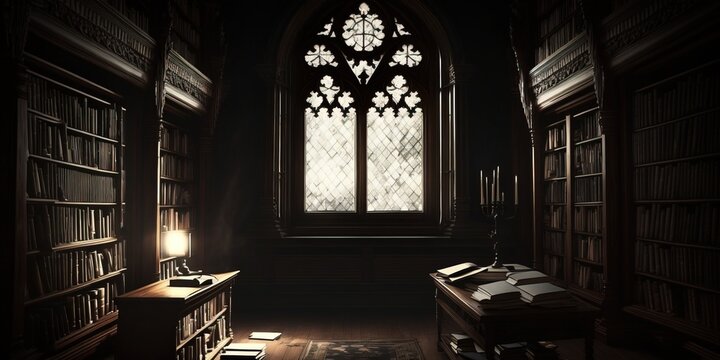
FAQ About Gothic Literature
Gothic Literature
2 years ago | gizem
What is the significance of Gothic Literature in the context of women's writing?
Gothic Literature holds significant importance in the context of women's writing for several reasons. It provided a platform for women writers to engage with complex themes, express suppressed emotions, and challenge societal norms during periods when women's voices were often marginalized. Here are some key aspects of the significance of Gothic Literature in women's writing:
- Empowerment through Expression: In the 18th and 19th centuries, when women's social roles were often limited, Gothic Literature offered a space for women writers to express themselves and explore issues that were considered taboo or inappropriate for "respectable" women. Writing in this genre allowed them to address topics like sexuality, desire, madness, and power dynamics.
- Exploration of Female Experiences: Many female Gothic writers, such as Ann Radcliffe and Charlotte Brontë, created strong and complex female protagonists who grappled with the challenges of their time. These characters became vehicles for exploring the constraints of femininity, societal expectations, and women's inner lives.
- Subversion of Gender Norms: Gothic Literature often subverted traditional gender norms by featuring unconventional heroines who defied social conventions. These heroines, like Jane Eyre or Emily St. Aubert, challenged expectations of passivity and submission, paving the way for later feminist literature.
- Representation of Female Fear and Desire: Gothic literature delved into the realms of fear and desire, both of which were often associated with women but rarely openly discussed. Female writers used the genre to explore the complexities of female emotions, including the fear of patriarchal power and the longing for autonomy.
- Critique of Patriarchy: Many Gothic works, especially those by female authors, contained subtle or overt critiques of patriarchal power structures. By portraying male villains or oppressive male figures, these writers highlighted the dangers of unchecked authority.
- Discussion of Maternity and Motherhood: Gothic Literature often engaged with themes of maternity and motherhood. Female authors like Mary Shelley in "Frankenstein" explored the consequences of scientific innovation on reproduction and motherhood, contributing to discussions about women's reproductive autonomy.
- Catharsis and Empowerment: Writing in the Gothic genre allowed women writers to engage in a form of catharsis. By confronting the fears and anxieties of their time through their narratives, they empowered themselves and their readers to question the status quo.
- Legacy and Influence: The works of early female Gothic writers laid the groundwork for subsequent generations of women writers. They demonstrated that women's voices were a vital part of literary discourse and that they could contribute significantly to the development of the genre.
